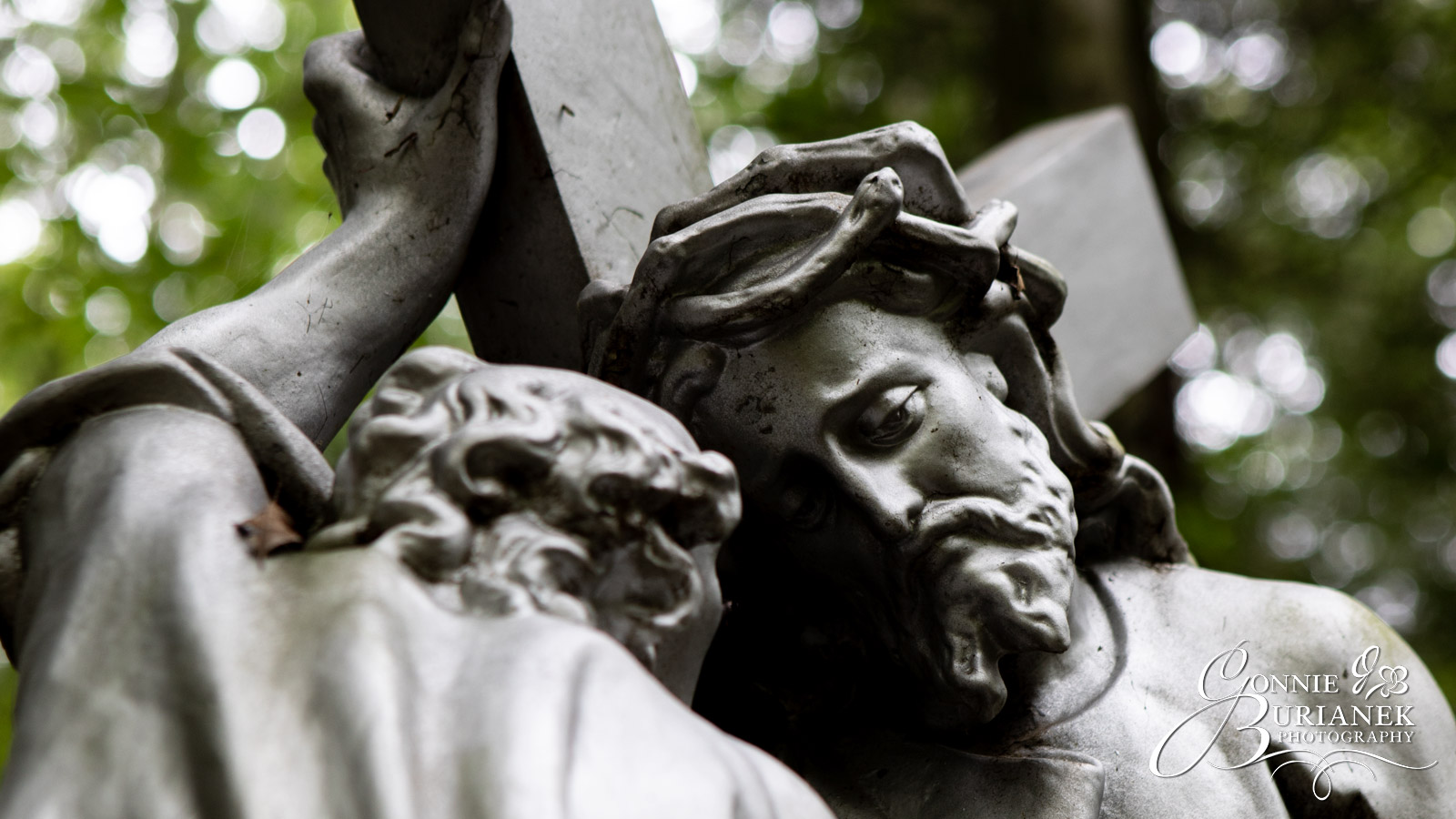There are two sets of readings for this mass – one for the vigil and the other during the day. I was more strongly drawn to the vigil readings especially the 2nd reading from the vigil, 1 Peter 1:8-12.
Without having seen him you love him; thought you do not now see him you believe in him and rejoice with unutterable and exalted joy. As the outcome of your faith you obtain the salvation of your souls.
The prophets who prophesied of the grace that was to be yours searched and inquired about this salvation; they inquired what person or time was indicated by the Spirit of Christ within them when predicting the sufferings of Christ and the subsequent glory. It was revealed to them that they were serving not themselves but you, in the things which have not been announced to you by those who preached the good news to you through the Hoy Spirit sent from heaven, things into which angels long to look.
All of the readings focus on the role of prophet. Saint John the Baptist is regarded as ‘prophet’ by both Christianity and Islam. As Christians, we see him as the prophet sent as Christ’s immediate herald, the spiritual successor of Elijah, the fulfillment of Isaiah, the ‘voice crying out in the dessert’ (cf Isaiah 40:3). In Luke we have his family background as the son of Zechariah of the house of Abijah (a priest of the sons of Aaron) and Elizabeth, daughter of Aaron, making John of the House of Aaron by both of his parents. The house of Aaron was the house of the high priests (Exodus 28:1) and John, the son of two descendants, would have also been considered a high priest of the house of Aaron.
In Luke 1:17, we hear of John that “he will go before him in the spirit and power of Elijah to turn the hearts of the fathers to the children, and the disobedient to the wisdom of the just, to make ready for the Lord a people prepared.” Yet John did not accept connection with Elijah. When asked by the priests and Levites in John’s gospel – “’Are you Elijah?’ He said, ‘I am not.’ ‘Are you a prophet?’ And he answered, ‘No.’ They said to him then, ‘Who are you? Let us have an answer for those who sent us. What do you say about yourself?’ He said, ‘I am the voice of one crying in the wilderness, ‘Make straight the way of the Lord,’ as the prophet Isaiah said.’” (John 1:21B-23)
We are specifically told that like Jeremiah John was chosen before he was born to walk the path he walked. Even his name was chosen and given to his parents by the angel Gabriel beforehand. We hear explicitly how his life, the path he must follow, was predestined by God. As Christians we believe that God has a plan for each of us. Our purpose in life is to find and conform to God’s Will and to walk the unique path he has prepared. With the prophets, this concept of path is more rigidly discussed throughout the Bible. The role of delivering God’s message to his people.
“Do not say, ‘I am only a youth’; for to all to whom I send you you shall go, and whatever I command you you shall speak, for I am with you to deliver you, says the Lord.”
Then the Lord put forth his hand and touched my mouth; and the Lord said to me, “Behold, I have put my words in your mouth. See, I have set you this day over nations and over kingdoms to pluck up and the break down, to destroy and to overthrow, to build and to plant.” (Jeremiah 1:7-10)
We can tell from John’s interaction with the priests that he understood his role and accepted it fully. God had given him the understanding, docility, and fortitude to go forth and walk and speak as God commanded. As with all prophets, it was clear that it was revealed to him that he was serving not himself but the Lord.
Reading through the Bible I find the role of prophet to be the most demanding of God’s Gifts of the Holy Spirit. There is a profound knowing that their life is not their own. A profound knowing of insignificance. This is combined with a command to go forth and say whatever the Lord commands even when others find it irrational, demand them to be silent, and even at times physically silence them. Rarely is what the Lord commands what people want to hear. Regardless, the prophets are commanded to go forth and speak out against the people. Against their Vanity, their Pride, their Greed. Calling others to repent, find their path and walk in the way of the Lord. John himself was of the line of High Priesthood amongst the Jews. He was a son of Aaron. Instead of priesthood, God made him a humble ‘voice in the desert.’ A voice which brought out Jewish priests who found what his said ‘hurtful’ to their pride and ‘business as usual.’ A voice which resulted in his beheading. Prophets are not given the luxury of being concerned with the ‘ways of man.’ They are commanded by God through the Holy Spirit which dwells within them. They are sent out “to pluck up and brake down, to destroy and overthrow, to build and to plant.” While they can be seen throughout the Bible as arguing with God or trying to run away from God, they cannot renounce their Gift without renouncing their very Soul. For the Gift of Prophesy is a Gift of the Holy Spirit and blaspheme against the Holy Spirit is the only sin for which there is no forgiveness. (cf Mark 3:29) John was truly a unique prophet. We do not hear of him ever complaining or rebelling against his role as we hear of with Moses, Jeremiah, Jonah and so many others… he simply cried out in the desert “Make straight the way of the Lord.”
Vigil 23 June 2018
Jeremiah 1:4-10
Psalms 71:1-2, 3-4A, 5-6AB, 15AB, 17
1 Peter 1:8-12
Luke 1:5-17
During the Day 24 June 2018
Isaiah 49:1-6
Psalms 139:1B-3, 13-14AB, 14C-15
Acts 13:22-26
Luke 1:57-66, 80


 Simon Helps Jesus with his Cross
Simon Helps Jesus with his Cross
